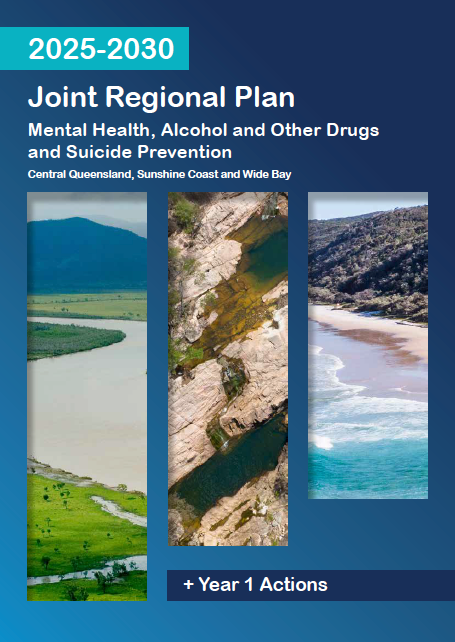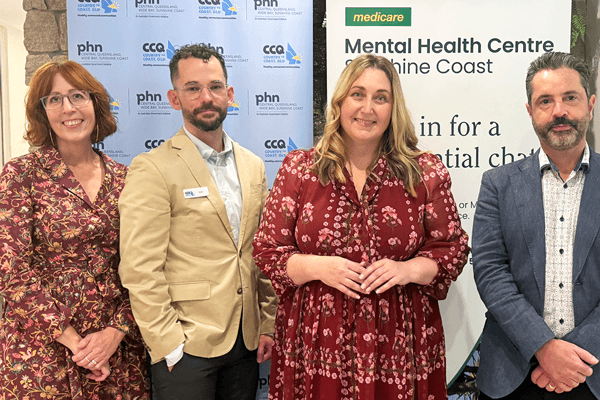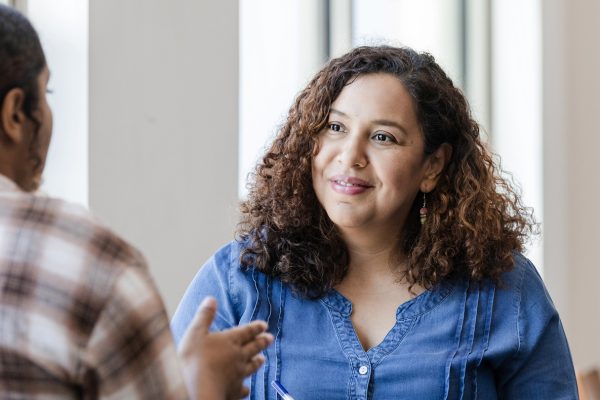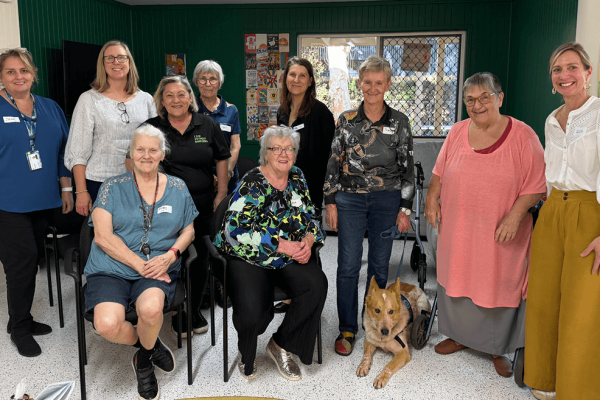Mental Health, Alcohol and Other Drugs and Suicide Prevention
Mental health, alcohol and other drugs (AOD), and suicide prevention remain some of the most significant challenges – and greatest opportunities – for improving community wellbeing across Central Queensland, Wide Bay and the Sunshine Coast. Communities have told us clearly: they want care that is easier to navigate, more connected, and available when and where it is needed. At Country to Coast Queensland, we have made real progress toward a streamlined model of care that enhances access, reduces fragmentation and connects people to support sooner.
We are leading a major program of investment and reform to strengthen the mental health, AOD and suicide prevention system. Through commissioning, workforce development, and deep partnerships with people with lived experience, service providers, and governments, we are working to deliver care that is connected, responsive and person-centered.
Joint Regional Plan 2025–2030
Our approach is anchored in the Joint Regional Plan (JRP), a five-year blueprint developed with our Hospital and Health Service partners and the wider sector. The JRP reflects the voices of local communities and sets out shared priorities to:
- improve access to face-to-face services in regional and rural areas
- reduce pressure on hospitals by strengthening community-based care
- ensure services are coordinated, not duplicated
- embed culturally safe and trauma-informed approaches
- build sustainable systems and workforce for the future.
Explore the links below to learn more about our reform initiatives, funded services and the Medicare Mental Health program.





